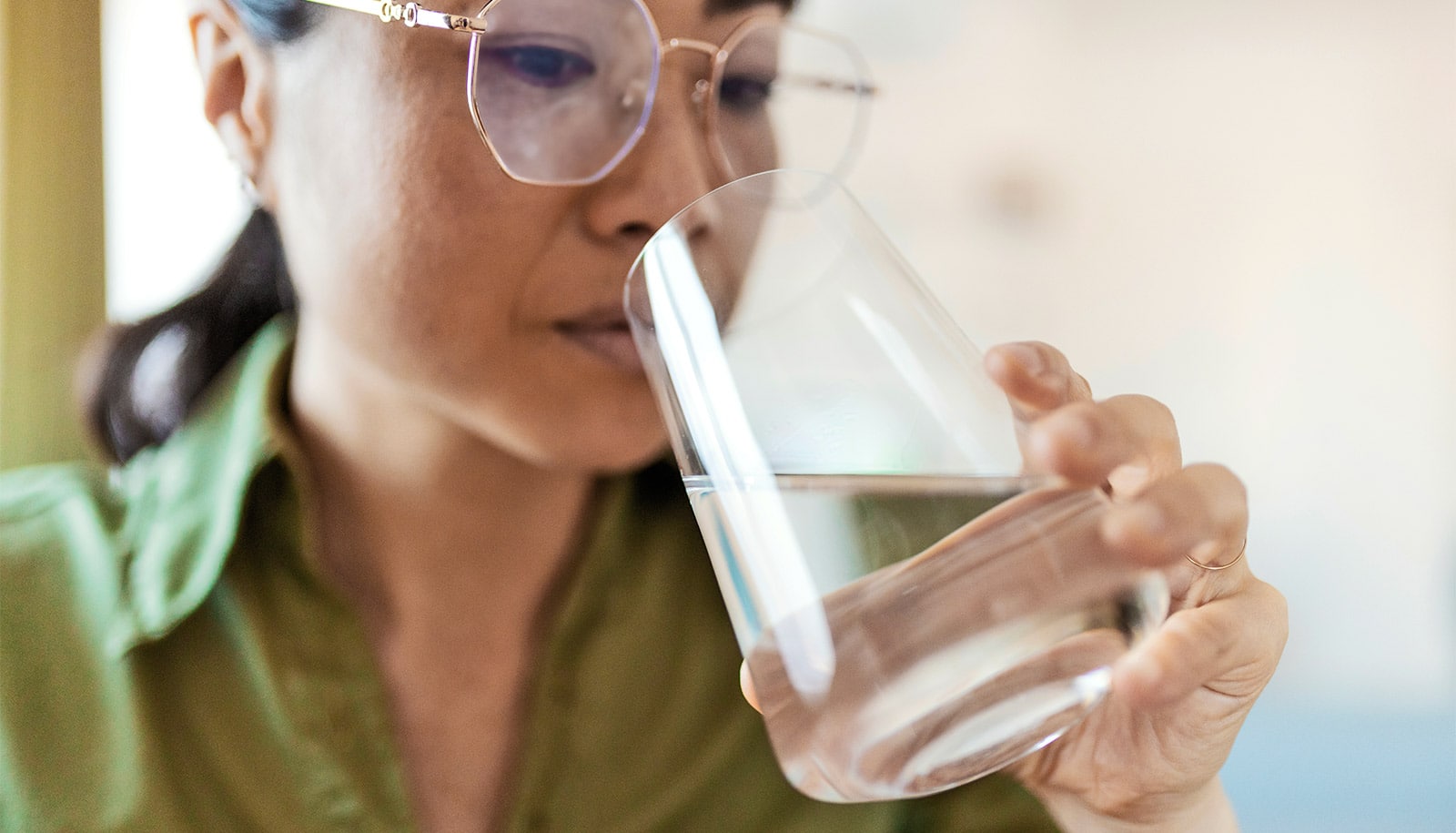Increasing the water table by just 20 centimeters in radish fields not only reduced soil CO2 emissions, but also improved crop growth.
Another perk: it slowed the rate of loss of valuable peat soils converted into agricultural fields.
“We are losing our peat soils in the UK at a fast rate, and we need to find solutions to decrease this loss if we want to preserve our food security.”
A significant proportion of the UK’s farming takes place on drained peatlands, which are some of the most productive soils for commercial agriculture. Draining naturally flooded peatlands, which are organically rich, triggers the carbon to oxidize and release CO2 into the atmosphere.
“It is estimated that in 30 years’ time the world’s population will reach 10 billion so it is vital that any means of reducing greenhouse gas emissions do not impact negatively on global food security,” says Donatella Zona, senior author of the study published in the journal Science of the Total Environment.
“We are losing our peat soils in the UK at a fast rate, and we need to find solutions to decrease this loss if we want to preserve our food security. In this study, we investigated the effects of water table levels, elevated CO2 and agricultural production on greenhouse gas fluctuations and the crop productivity of radishes which are one of the most economically important fenland crops,” adds Zona, who is a researcher in the University of Sheffield’s animal and plant sciences department.
Why this ‘spider cam’ is flying over farms
The international team of researchers from the universities of Sheffield, Exeter, Leicester, and San Diego, raised the water table—the level below which the ground is saturated with water—from 50 cm below the surface to 30 cm in agricultural peat soil collected from the Norfolk Fens, one of the UK’s largest lowland peatlands under intensive cultivation.
“Flooding peatland would be too extreme and damage crops, but increasing the water level by just 20 cm maintains current food production—or as shown in our study even increases it—while at the same time reducing carbon oxidation and emissions,” adds Zona.
“Reducing CO2 emissions from peatland soils, will not only help the UK to reach the targets set for the Paris climate agreement, but will also help protect and extend the life of the UK’s agricultural peatland soils,” says Walter Oechel, a professor at the University of Exeter.
“Without careful management, agricultural peatland soils can be ‘mined’ or consumed in the production of agricultural crops, leaving the UK with less productive lands in their place.”
Source: University of Sheffield



